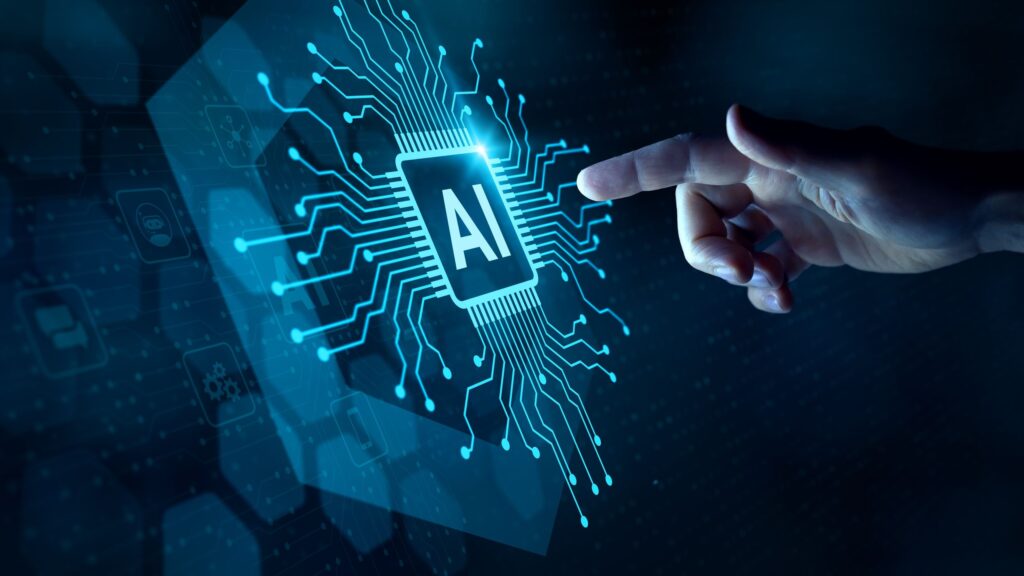
How AI is changing developers’ mindsets, not just their code
Generative AI is profoundly altering the landscape of software development, changing not just how developers write code but also their overall approach and mindset toward their work. This transformation extends beyond coding itself into areas like data management, monitoring, and observability, fundamentally reshaping career trajectories for engineers. As AI assists with coding tasks, developers are adapting to new roles that emphasize leveraging their unique expertise to bridge the gaps left by AI’s current limitations and to thrive in this evolving environment.
While large language models (LLMs) offer capabilities such as brainstorming, synthesizing information, and generating code, they still occasionally produce inaccuracies or irrelevant answers—commonly referred to as hallucinations. These errors have historically made AI tools time-consuming to use, as developers needed to spend significant effort verifying and correcting AI-generated output. However, the latest AI coding agents now can create and run tests to verify their own work, resulting in fewer hallucinations and increasing their practical utility for developers.
The impact of AI on development speed varies widely depending on factors such as the developer’s experience and proficiency in using AI tools. Research indicates that some developers may even spend more time coding with AI assistance because these tools introduce an iterative cycle of self-correction that demands careful oversight. Complex or specialized code especially requires substantial human input to guide the AI effectively, which influences the balance between productivity gains and time lost.
Incorporating AI into DevOps workflows has shown particular promise, especially within site reliability engineering. Using protocols that provide AI access to telemetry data allows for smarter, data-informed reasoning by AI tools, circumventing the need for manual data entry and reducing error rates. This integration enables engineers to maintain focus by seamlessly monitoring system health and diagnosing issues within their existing working environments, thereby accelerating problem resolution and enhancing overall team performance.
Ultimately, the greatest advantage of generative AI for developers today lies in its role as a collaborative partner that aids in ideation, offers structured guidance, and suggests novel coding approaches. This is especially valuable for less experienced engineers who benefit from AI’s mentorship-like support when seasoned colleagues are not available. The evolving collaboration between humans and AI is reshaping developmental workflows, highlighting that AI will augment rather than replace developers by addressing routine tasks and knowledge gaps, and enabling engineers to concentrate on solving higher-level business challenges.
